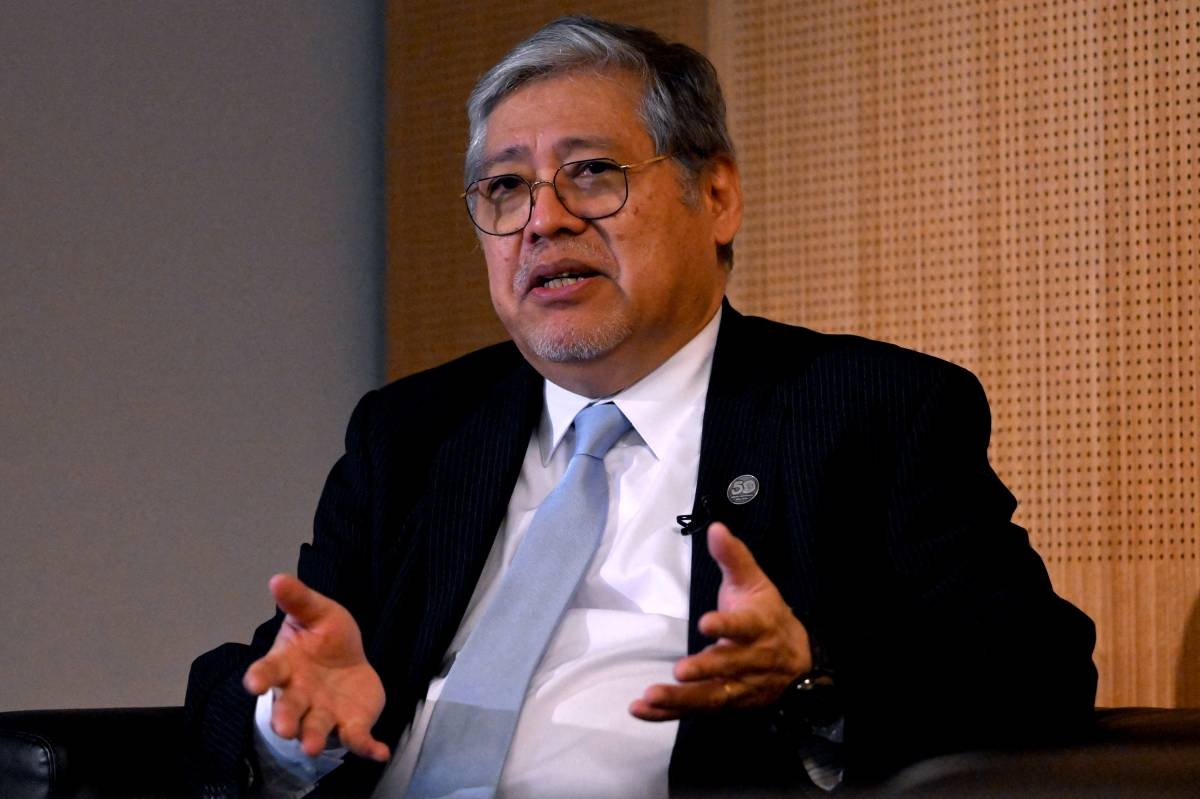In a recent development, tensions have risen between the Philippines and China over the South China Sea (SCS) dispute. China has refuted allegations of harassing Philippine boats, stating that it is the Philippines that has made “provocative moves” in the region. The Chinese Ministry of Foreign Affairs spokesperson, Mao Ning, dismissed claims of harassment and accused the Philippines of infringing on China’s territorial sovereignty and maritime rights.
Responding to China’s remarks, the Philippines’ Foreign Affairs Secretary, Enrique Manalo, called on China to cease its harassment of Philippine vessels. He emphasized that if China refrained from such actions, there would be no need for further reports on the matter.
The tensions escalated when the Chinese Embassy in the Philippines criticized the Philippine Ambassador to the United States, Jose Manuel Romualdez, for his comments regarding the “China threat” and the West Philippine Sea. Romualdez had suggested that the real flashpoint in the region lies in the West Philippine Sea, rather than the Taiwan Strait.
The Department of Foreign Affairs (DFA) of the Philippines issued a statement, asserting that the country continues to engage in dialogue and diplomacy with China. However, the Philippines remains committed to upholding the principles of respect for sovereignty, sovereign rights, and jurisdiction in accordance with international law and the rules-based international order.
The South China Sea dispute involves several countries, including China, the Philippines, Vietnam, Malaysia, Brunei, and Taiwan. It centers around competing territorial claims and access to vital trade routes and rich fishing grounds. The region is also believed to hold significant oil and gas reserves.
China’s claims in the South China Sea are based on its historical nine-dash line, which encompasses most of the sea, including areas that are internationally recognized as part of the exclusive economic zones of other countries. The Philippines, along with other claimant states, disputes China’s expansive claims and has sought international arbitration to resolve the issue.
The Philippines’ stance is rooted in its adherence to international law, particularly the United Nations Convention on the Law of the Sea (UNCLOS). The UNCLOS provides a legal framework for the rights and responsibilities of states in their use of the world’s oceans, including the establishment of exclusive economic zones.
Despite the ongoing tensions, it is essential for all parties involved to find peaceful and diplomatic solutions to the South China Sea dispute. The international community has called for the adherence to international law and the pursuit of dialogue to resolve the conflicting claims.
As the Philippines and China continue to exchange words over the South China Sea, it is crucial for both countries to prioritize open communication and constructive engagement. By working towards a peaceful resolution, the region can ensure stability and cooperation for the benefit of all parties involved.
Source: The Manila Times








